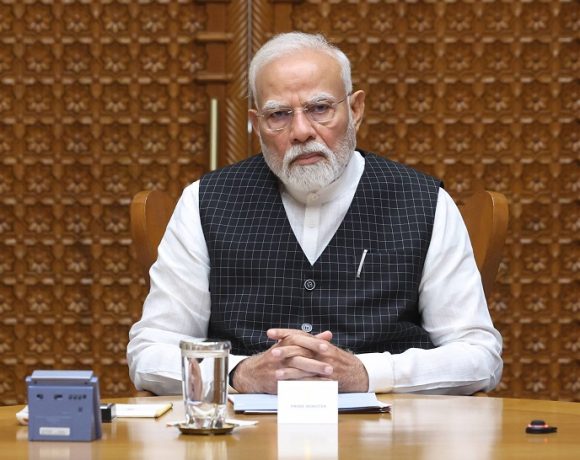
Government Sets Ambitious Target of 200,000 Agri-Cooperatives
The Indian government has launched 10,000 agri-cooperatives as part of a broader vision to establish 200,000 such cooperatives over the next five years. This initiative, spearheaded by Union Home and Cooperation Minister Amit Shah, aims to revolutionize rural India by strengthening the agriculture sector and empowering farmers.
Boosting Rural Development through Cooperatives
The launch aligns with the government’s focus on enhancing cooperative structures as key drivers of rural development. Speaking at the launch, Amit Shah emphasized the role of cooperatives in ensuring financial inclusion and equitable growth. “The aim is to create a robust network of agri-cooperatives that will address issues like farm productivity, credit access, and fair pricing,” he said.
The initiative will focus on various aspects of agriculture, including processing, marketing, and value addition. It aims to enable small and marginal farmers to access better resources, infrastructure, and markets, ultimately improving their incomes and living standards.
Long-Term Goals and Milestones
The plan to establish 200,000 agri-cooperatives is expected to be a game-changer for India’s agriculture landscape. The government is set to integrate modern technology, including digital platforms, to make cooperatives more efficient and accessible.
Efforts will also be directed towards training farmers in sustainable practices and providing them with necessary financial and infrastructural support. Additionally, these cooperatives will serve as hubs for collective farming and marketing, thereby reducing the reliance on intermediaries and ensuring that farmers get better returns for their produce.
Strengthening Cooperative Ecosystem
India’s cooperative ecosystem already plays a vital role in sectors like dairy and sugar. Expanding the model to agriculture will further bolster its contribution to the economy. Analysts note that such initiatives are crucial for achieving the government’s goal of doubling farmers’ incomes and making Indian agriculture globally competitive.
As the government pushes forward with its vision, this initiative promises to redefine rural livelihoods and create a more inclusive growth framework for India’s agriculture sector.


















